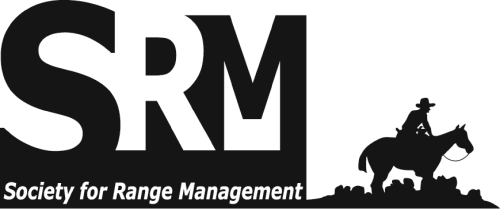Range riders can improve grazing management for rangeland health, livestock production, and coexistence with wildlife, including large carnivores, by applying strategic grazing management, especially in combination with low-stress herding. Strategic grazing management is based on the patterns of wild grazing animals in the presence of their predators, which tend to increase group size (comparable to stock density) and movement over landscapes (comparable to grazing management). Managing livestock based on these patterns appears to reduce predation losses. Partnering with progressive ranchers, we compared and combined two approaches to herding cattle at relatively high stock density in the Northern Rocky Mountains of western Montana. We applied two similar but distinct close herding methods to go from these scattered groups to a single herd at increased stock density. In Phase 1, we used night penning and daily herding to enforce constantly high stock density. In Phase 2, we used low-stress herding to train the co-mingled heifers to function socially as a single herd. Both phases were successful. Phase 1 involved constant enforcement of high stock density, but did not kindle the herd instinct, probably because it wasn't the cattle's idea. Phase 2 successfully kindled the herd instinct, training the co-mingled heifers to forage in progressively larger groups until a single group formed. Kindling the herd instinct with low-stress herding required more skill, and significant initial labor, but less labor overall. Cattle apparently did not interact with potential predators in either phase. This and other projects suggest that stock density, increased rider presence, and low-stress livestock handling interact to reduce both encounters with large carnivores and the likelihood that such encounters result in predation.

Oral presentation and poster titles, abstracts, and authors from the Society for Range Management (SRM) Annual Meetings and Tradeshows, from 2013 forward.